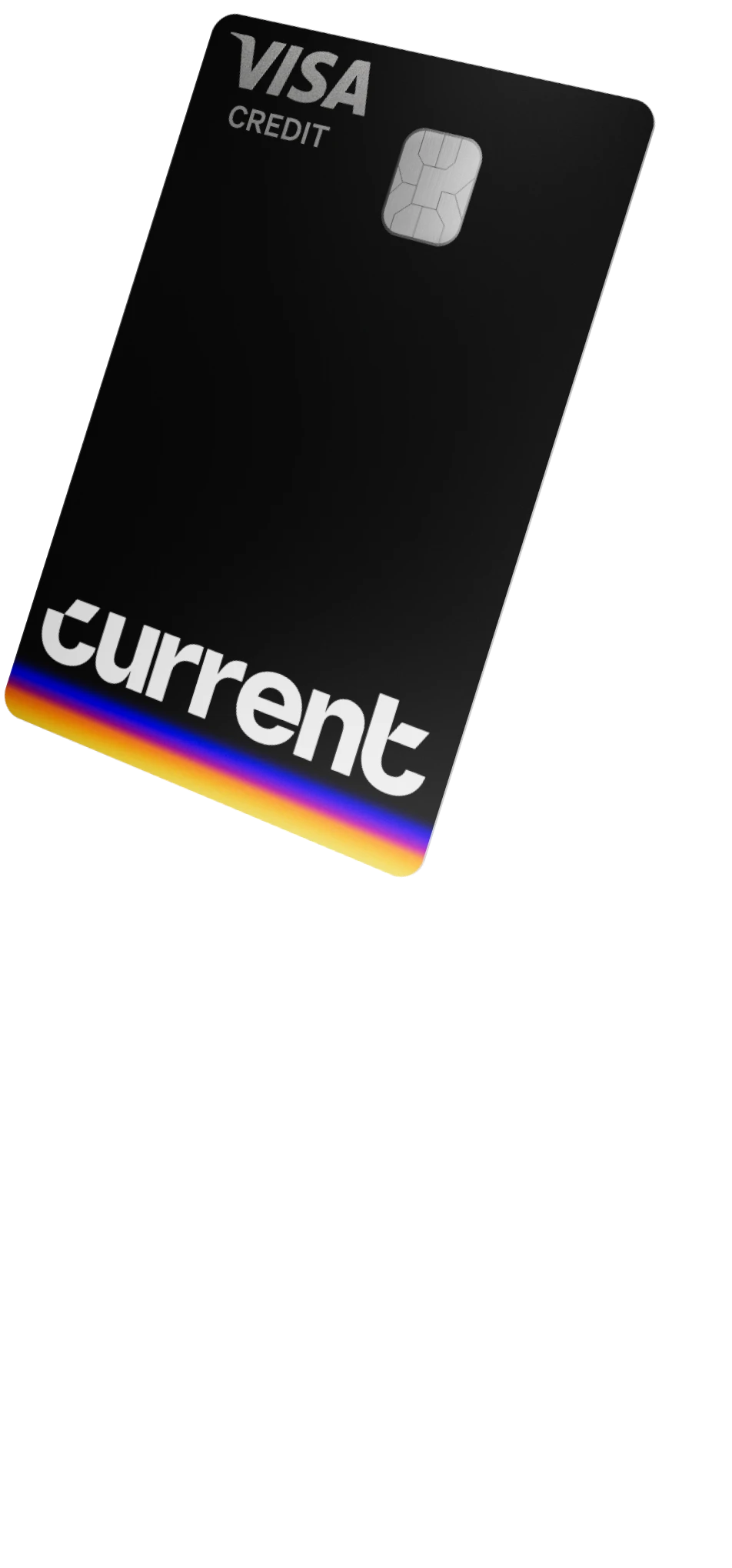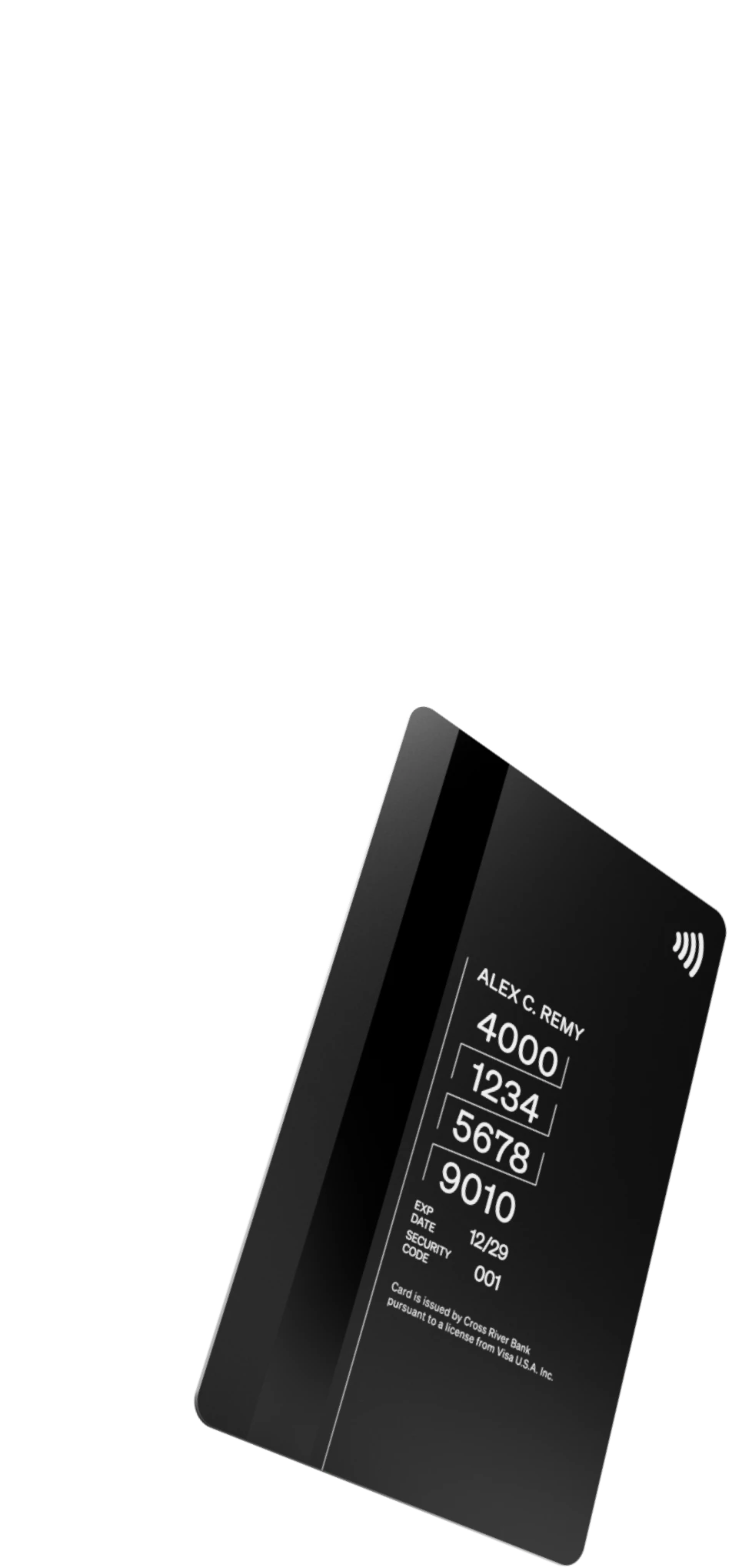How long does a credit card refund take?

If you can provide the credit card that was used to make the purchase and the receipt you received, a credit card refund should be complete within five business days.
Credit Card Refunds
People may want a refund on a credit card purchase for different reasons, such as buyer’s remorse, discovering that the purchased item has been damaged or is otherwise substandard, or simply changing their mind.
Fortunately, most vendors make the credit card refund process quite straightforward. As long as you have the receipt to show the purchase and the credit card used to make the purchase, you should be able to get a refund for the amount you put on the card.
If you don’t have the credit card, some vendors might be able to obtain details about the purchase from the receipt and could offer you store credit or a gift card for the amount of the purchase. Some vendors might not offer this, requiring that you have both the receipt and the credit card in order to secure a refund.
Without the receipt, it is unlikely that you will be able to get any kind of refund since the receipt is your proof that you made the purchase to begin with. Some stores have exceptions to this rule.
How Long Does a Credit Card Refund Take?
So, how long does it take to get a refund on a credit card purchase? The answer to this question depends on the return method and the vendor’s own policies regarding refunds.
Under normal circumstances, it takes between five to seven business days for the specific funds from the purchase to be returned to your account, but this is subject to many factors. For every retailer who will issue a refund immediately, there will be another for whom the refund takes up to a month. If you are returning the item by mail, you might have to wait until the vendor receives the item before you see your money back.
By and large, you should not expect an immediate refund for your credit card transaction.
What Makes Refunds Take So Long?
If you want to expedite the refund process, returning an item in person (instead of shipping it back to the vendor) will almost always result in a faster refund. With an in-person return, the vendor will be able to process the refund right then and there. However, you will still have to wait for a period of time before you see the refund on your credit card statement.
Another factor influencing the speed of a credit card refund is the credit card’s billing cycle. If, for instance, your credit card’s closing date is the 15th of the month and you make your item return on the 16th of the month, the refund (whenever it is issued) won’t appear on that month’s statement because the return took place after the closing date.
If you don’t want to wait for your credit card company to issue the refund, you can ask for the refund to be made in the form of store credit, which can usually be done immediately. Remember that the store credit will not erase the transaction amount from your credit card, so you will still be liable for that amount when your billing statement arrives, even though you returned the item and received some form of compensation for it.
Disputing the Charge
All these timeframes assume that you and the seller are in agreement on the terms of the refund. If the vendor does not agree with your request for a refund, you and the credit card company can work to dispute the charge.
Assuming that the financial institution has no objection to the request, having a credit card entitles you to a degree of consumer support from the institution. Disputing the charge, and getting a refund after that, is a separate process that can take up to six months to conclude.
It might be frustrating to have to wait for a credit card refund (considering that cash refunds and debit card refunds are much quicker), but you have more backing if you dispute a charge on a credit card than if you made the purchase with a debit card or cash.
Credit Scores and Utilization Ratios
If the credit card refund takes longer than expected, will this hurt your credit score? That’s unlikely, explains Experian, as long as you stay on top of your finances while your refund is being processed. This means that you still have to pay your credit bill when it is due, and you don’t exceed your credit limit.
If the delayed refund means you’ll have a higher credit utilization ratio (the amount of credit you’re currently using, divided by the total credit you have available) for a longer period of time, this can impact your credit score. A large credit purchase might affect your ratio, which will then affect your credit score.
For example, a $2,000 purchase charged to your credit card might represent 20 percent of your $10,000 credit limit. If that is the only purchase you have on your card, your credit score might be fine. But if you use the same card to make another $2,000 purchase before your refund is credited back to you, both purchases will increase your credit balance to $4,000, bringing your credit utilization ratio to 40 percent, which will almost certainly hurt your credit rating.
Banks advise customers not to make significant purchases with a credit card until after the refund shows up in their account. If possible, avoid using the credit card at all, and rely instead on debit cards or cash. Any issue with the refund, even if it is not your fault, might extend how long the process takes. Further use of the same card can increase your credit utilization ratio.
When the refunded money is credited back to your account, you will have the green light to make further transactions without tipping the credit utilization ratio scale.
References
How Do Refunds Work on a Credit Card? (June 2021). US News & World Report.
Credit Card Refunds Are Usually Pretty Simple, but You'll Want to Be Aware of 3 Things — Especially if You're Counting on Getting That Money Back. (April 2020). Business Insider.
What Is a Credit Card Billing Cycle and How Does It Impact Your Credit Score? (August 2020). CNBC.
When You Should — and Shouldn't — Dispute a Credit Card Purchase. (March 2017). Forbes.
How Long Does a Credit Card Refund Take? (June 2020). Experian.
A 60-Second Guide to Credit Utilization. (January 2021). Forbes.




